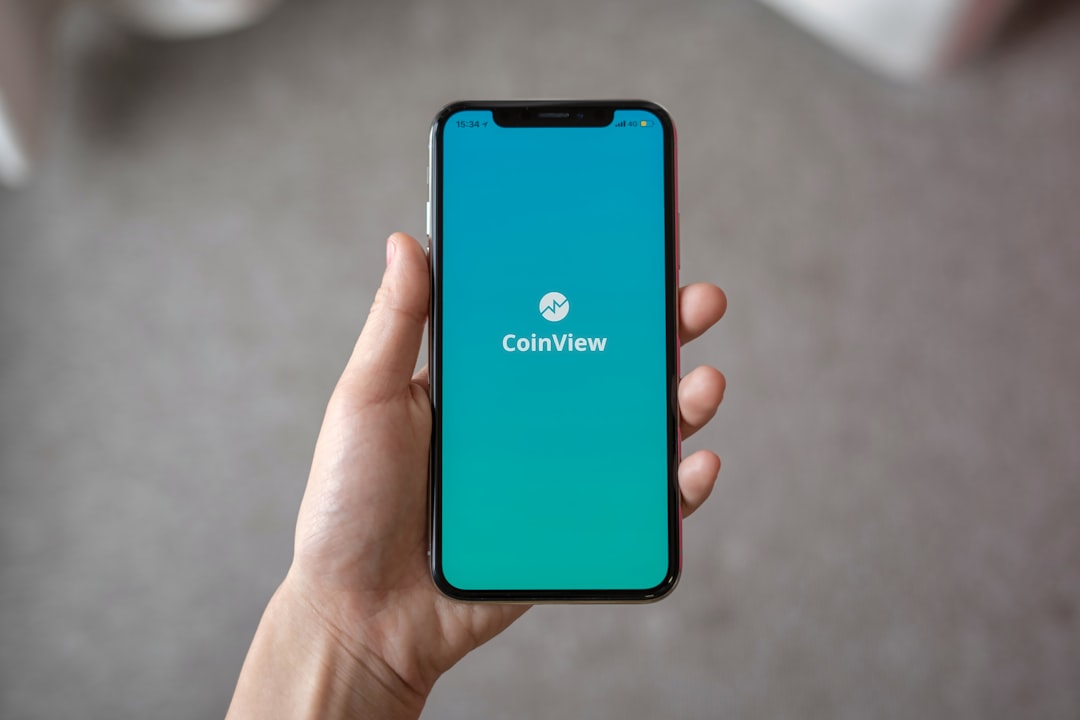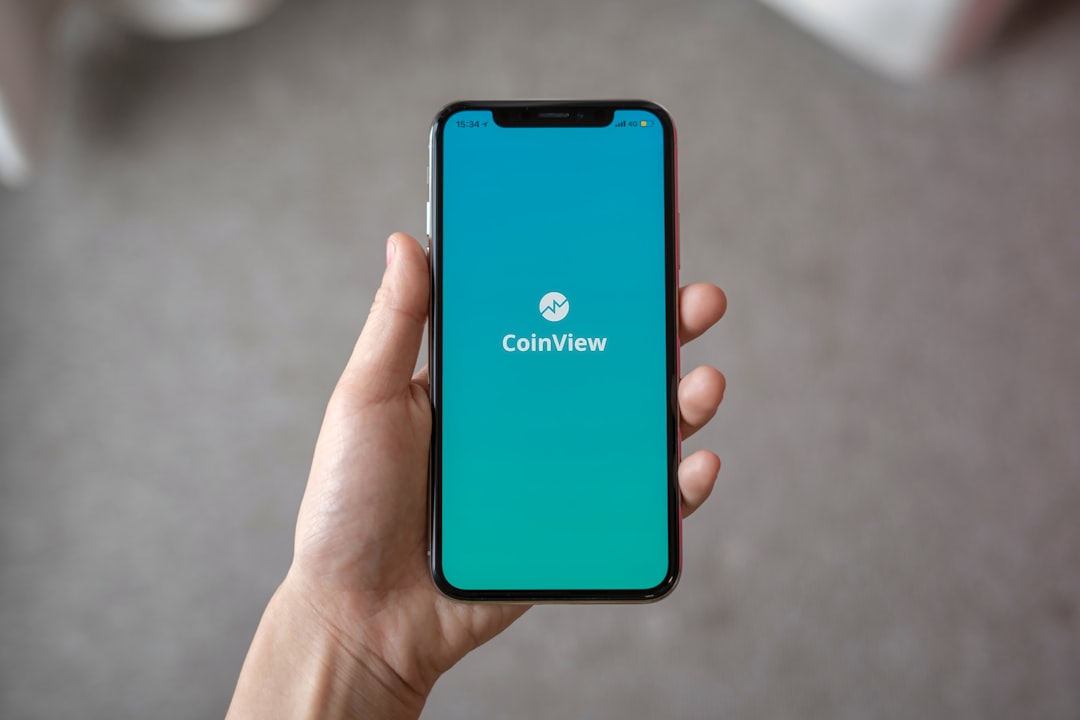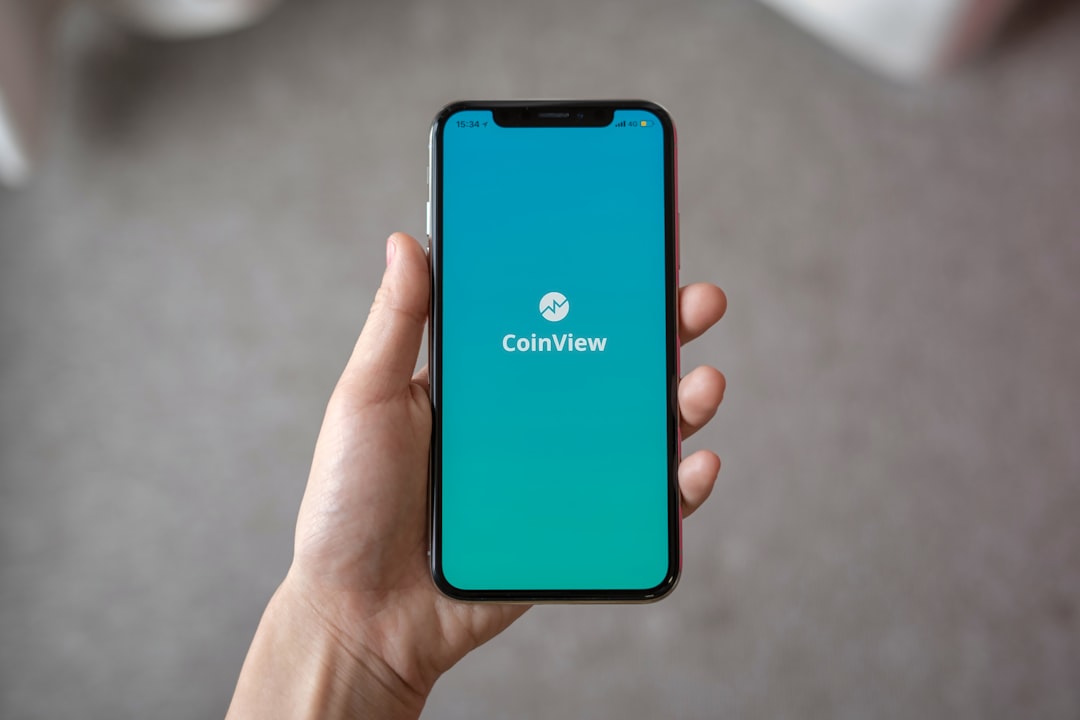Utah's Do Not Call law protects residents from unwanted telemarketing calls from law firms and commercial entities. Individuals can register on the state list to block automated or prerecorded calls, sales pitches, and other unsolicited communications. The legislation offers legal recourse against violators, with complaints filed at the Utah Department of Commerce and potential civil lawsuits for fraud. Residents have control over their communication channels, ensuring a quieter environment and peace of mind.
“Utah’s Telephone Fraud Prevention Act (TFPA) is a robust legislation designed to safeguard residents from telemarketing fraud. This comprehensive guide explores the key aspects of the TFPA, focusing on its impact on do-not-call practices in Utah. We delve into the act’s provisions, who it protects, and the consequences for violators.
Additionally, we outline the rights of victims and available remedies, empowering Utah residents to recognize and report fraudulent activities. For law firms specializing in this area, understanding TFPA is crucial to offering effective assistance to clients facing phone fraud.”
Utah's Telephone Fraud Prevention Act Overview

Utah’s Telephone Fraud Prevention Act is a comprehensive legal framework designed to safeguard residents from telemarketing and telephone fraud. This act, also known as the Do Not Call law, gives Utahns the power to control unwanted phone calls, particularly from law firms and other commercial entities. The legislation allows individuals to register their phone numbers on a state-maintained “Do Not Call” list, effectively blocking automated or prerecorded telemarketing messages.
The act not only protects consumers by curbing intrusive marketing practices but also provides legal recourse against violators. Residents who experience persistent or harassing calls can file complaints with the Utah Department of Commerce, which enforces the law. This robust system ensures that Utah residents can enjoy peace of mind and control over their communication channels, especially when it comes to unwanted phone solicitations from law firms and other businesses.
Key Provisions of the Do Not Call Law

The Do Not Call Law, a key component of Utah’s Telephone Fraud Prevention Act, offers residents significant protections from unwanted telephone solicitations. This law, aimed at curbing fraud and harassment, allows individuals to register their phone numbers on a state-maintained “Do Not Call” list. By doing so, they can prevent automated calls, sales pitches, or other unsolicited communications from various sources, including law firms seeking new clients.
Utah’s implementation of this law provides a powerful tool for citizens to reclaim control over their communication preferences. It empowers individuals to decide when and how they wish to be contacted, ensuring a quieter, more peaceful environment. The Do Not Call Law is a comprehensive measure that not only covers residential phone numbers but also extends to cellular lines, offering Utah residents a unified approach to blocking unwanted calls from any number of sources, including law firms trying to reach potential customers through telemarketing methods.
Who is Covered Under This Legislation?

The Utah Telephone Fraud Prevention Act, also known as the “No Call” law, is a comprehensive piece of legislation designed to protect residents from unwanted telephone solicitations and fraud. This act specifically targets businesses or individuals engaged in telemarketing activities, with a particular focus on law firms. Under this legislation, law firm representatives are prohibited from making automated or prerecorded phone calls to Utah residents without prior explicit consent.
The scope of the law extends to any entity that engages in telephone solicitation, including those claiming to represent legal services or law firms. This means that not only do traditional telemarketers fall under its purview, but also law firm offices that use automated calling systems or pre-recorded messages to contact potential clients. Utah residents can rest assured that their privacy is protected, and they have the right to refuse such calls, especially from law firm representatives operating outside the boundaries of ethical legal practice.
Enforcing and Penalizing Violations

Utah’s Telephone Fraud Prevention Act outlines clear guidelines for enforcing and penalizing violations related to unwanted phone calls, particularly those from law firms. The act grants residents the right to seek legal action against entities that breach these regulations. If a consumer receives unsolicited calls from law firms or any other organization, they can file a complaint with the Utah Attorney General’s office. Upon receipt of a complaint, authorities investigate and take appropriate measures. This may include issuing cease-and-desist orders, fining offenders, or pursuing legal charges for repeated violations, especially when calls persist despite requests to stop.
The penalties serve as a deterrent and aim to protect Utah residents from harassment and deception. One key aspect is the “Do Not Call” registry, allowing individuals to register their phone numbers to opt-out of most telemarketing calls. By enforcing these laws, Utah aims to maintain a peaceful and respectful communication environment, especially regarding sensitive legal matters, and ensure that residents’ privacy is respected while preventing fraudulent activities.
Rights and Remedies for Victims of Fraud

Victims of telephone fraud in Utah have several rights and remedies available to them under the state’s Telephone Fraud Prevention Act. One crucial right is the ability to place a “Do Not Call” restriction on law firms or any other entities that may have engaged in fraudulent activities. This measure helps protect individuals from further unwanted calls, which can be a significant source of distress and harassment for victims.
Additionally, victims can take legal action against the perpetrators. The Act allows for civil lawsuits, where victims can seek compensation for financial losses, emotional distress, and other damages. Law enforcement agencies also play a vital role in investigating and prosecuting fraud cases, ensuring that offenders face the consequences of their actions.






